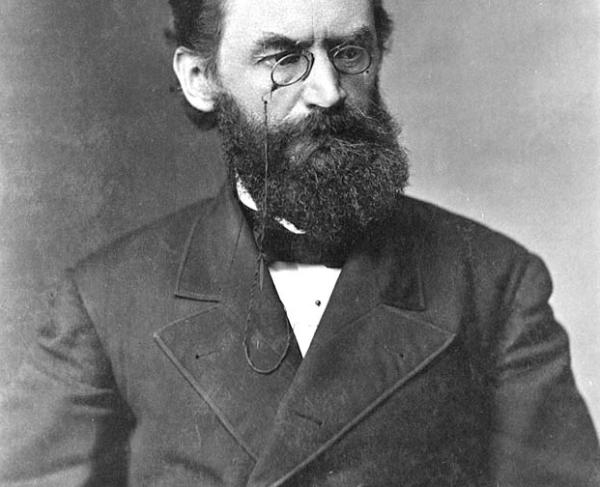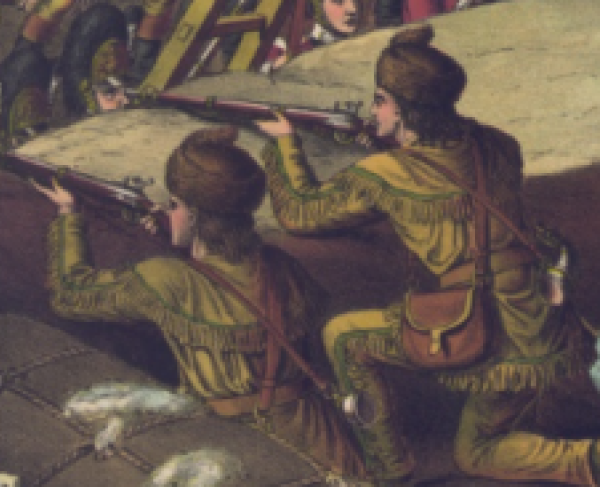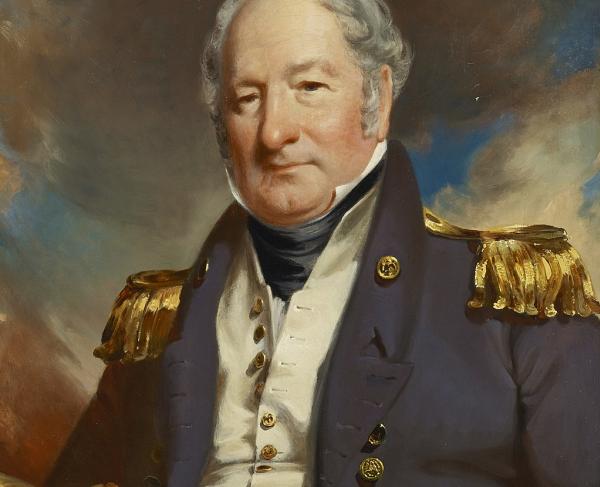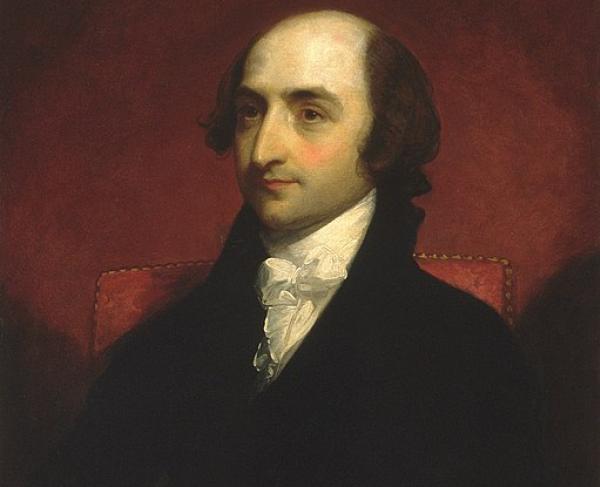Carl Schurz

A revolutionary, journalist, general, and statesman, Carl Schurz was already a prominent figure in the German-American community when the American Civil War broke out in 1861. Born in Prussia, Schurz attended the University of Bonn and became an active writer championing democratic reforms amidst the revolutions of 1848. After Prussia quelled the rebellion, Schurz fled to Switzerland, France, and eventually London, where he taught the German language. In 1852, Schurz, along with numerous other Forty-Eighters, immigrated to the United States, living initially in Philadelphia but eventually migrating to Watertown, Wisconsin. There, he continued his political activism with the abolition movement and quickly joined the rising Republican Party.
Becoming a popular midwestern Republican, Schurz was an early supporter of Abraham Lincoln and spoke on his behalf, bolstering his popularity among the German American community. Though admitted to the Wisconsin bar, Schurz took more of an interest in activism and public speaking than in practicing law. His condemnation of slavery and nativism helped recruit German Americans to the Republican Party and dispel its nativist ties. Elected a delegate to the 1860 Republican National Convention, he supported William Seward for the nomination for the Republican candidacy but nonetheless pledged loyalty to Lincoln following the convention. For his fervent devotion to the Republican cause and to secure support from the German American community, Lincoln appointed Schurz Minister to Spain in 1861, largely due to his ethnic and revolutionary ties.
Returning from abroad to join the growing war effort, Schurz persuaded Lincoln to grant him a commission as a brigadier general in April of 1862 and took command of a division first in Major General John C. Fremont’s and then Franz Sigel’s corps. Schurz served with distinction at the Second Battle of Manassas, in which his men were the first to make contact with Major General Thomas “Stonewall” Jackson’s wing in the Union assault on August 29. Promoted to major general in 1863, Schurz continued to lead his division, now a part of the largely ethnic Union XI Corps commanded by Maj. Gen. Oliver Otis Howard. At the Battle of Chancellorsville, Schurz’s division was encamped along with the rest of the XI Corps along the Orange Turnpike when they fell victim to Jackson’s flank attack on the evening of May 2. After the initial volleys, Schurz immediately took action and began organizing men into line of battle. Schurz’s men mounted an effective defense for about 20 minutes, but the force of Jackson’s assault forced them to withdraw along with the rest of the XI Corps. Following the battle, Northern newspapers subjected Schurz and the XI Corps Germans to ethnic prejudice, blaming their alleged cowardice for the Union defeat at Chancellorsville.
However, three months later, the XI Corps received a chance to redeem themselves, as the Army of the Potomac engaged Robert E. Lee’s Army of Northern Virginia yet again at the Battle of Gettysburg. The corps was again routed on the first day, but Schurz and his division mounted a successful defense of Cemetery Hill the following night. Though the Union army was victorious, the XI Corps was still blamed for the loss on the first day, inspiring persistent anti-immigrant sentiment.
After Gettysburg, Schurz and the XI Corps traveled to Tennessee and fought in the battles for Chattanooga. In 1864, Schurz actively campaigned for the reelection of Abraham Lincoln but eventually returned to active military service in 1865, serving in Maj. Gen. William Tecumseh Sherman’s army in North Carolina. Following the war, President Andrew Johnson assigned him to report on the effects of Reconstruction on the South. In 1868, Schurz was elected as the first German American U.S. Senator, representing Missouri and disagreeing with the Grant administration over the annexation of Santo Domingo and the use of military force to suppress the Ku Klux Klan. In 1870, Schurz helped form the Liberal Republican Party and presided over their convention in 1872.
Schurz lost the senatorial race in 1874 to his Democratic challenger, but President Rutherford B. Hayes appointed him Secretary of the Interior in 1877. He attempted to improve United States-Native American relations in this office and unsuccessfully opposed the movement to transfer the Office of Indian Affairs to the War Department.
After leaving the office in 1881, Schurz relocated to New York City, where he edited both the New York Evening Post and The Nation, as well as served as an editorial writer for Harper’s Weekly. He led the National Civil Service Reform League from 1892 to 1901, supporting Grover Cleveland and eventually anti-imperialist William Jennings Bryan. Schurz continued to be politically and socially active until his death in 1906.


